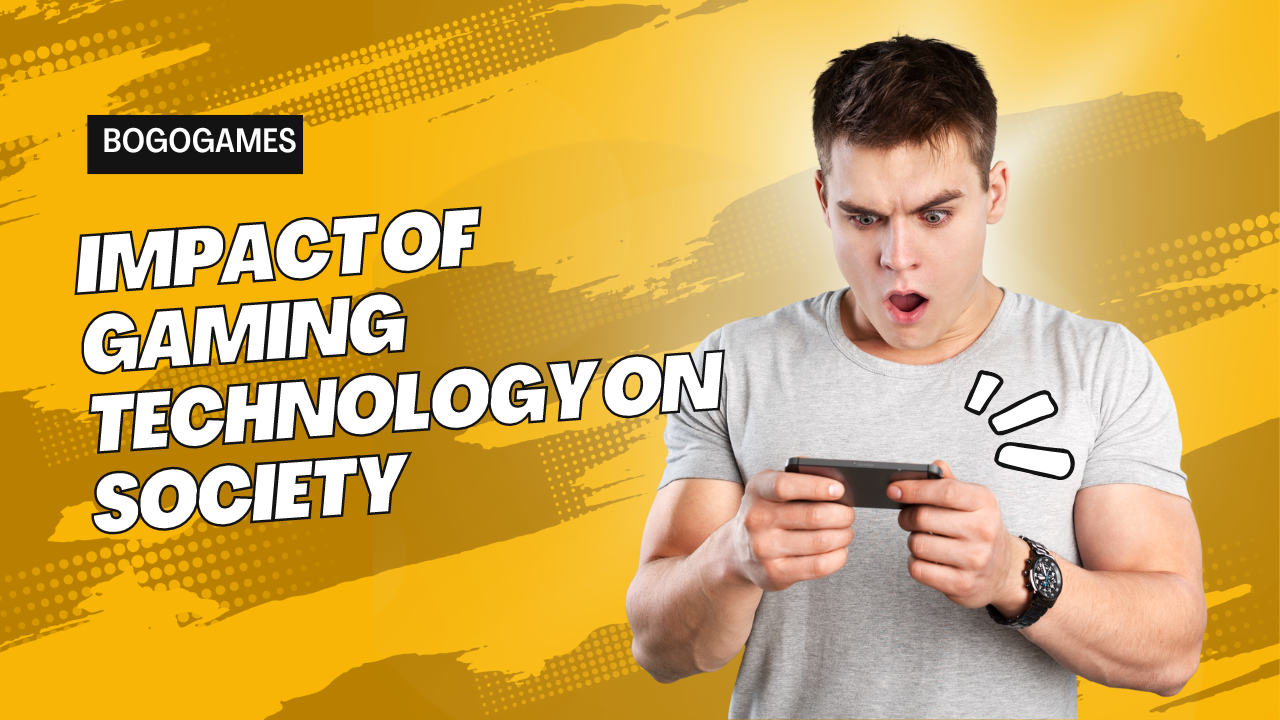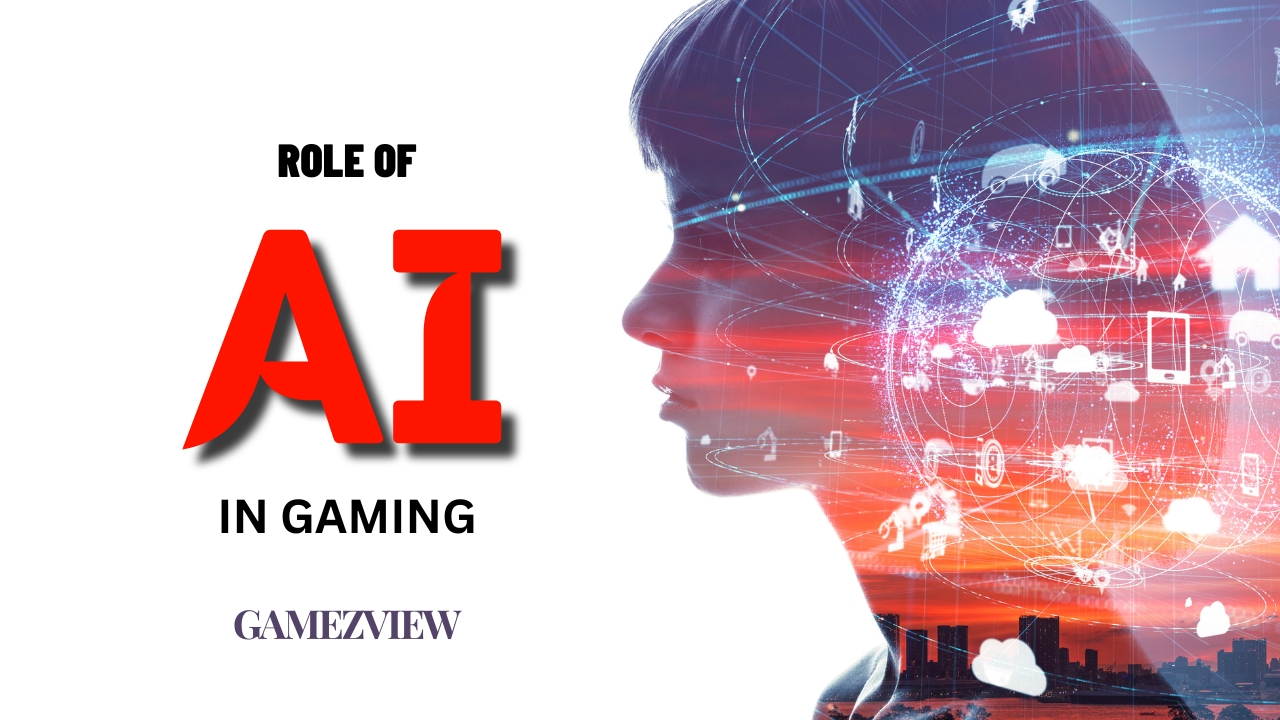In recent decades, the landscape of entertainment has undergone a profound transformation, with gaming technology emerging as a dominant force in shaping societal norms and behaviours. From the early days of pixelated graphics and rudimentary gameplay to the immersive virtual worlds of today, the evolution of gaming has mirrored advancements in technology and culture. In this comprehensive analysis, we delve into the multifaceted impact of gaming technology on society, exploring its influence on various aspects of human life.
Evolution of Gaming Technology: From Consoles to Cloud Gaming
The journey of gaming technology traces back to the era of arcade machines and home consoles, where players were limited by the hardware capabilities of their devices. However, with the advent of cloud gaming and high-speed internet connectivity, the boundaries of gaming have expanded exponentially. Modern gamers now have access to a vast library of titles streamed directly to their devices, eliminating the need for expensive hardware upgrades and physical media.
Social Dynamics and Community Building
One of the most significant impacts of gaming technology on society lies in its ability to foster online communities and social interactions. Whether through multiplayer matches or collaborative gameplay, gamers from around the world can connect and form friendships, transcending geographical boundaries and cultural differences. These virtual communities often serve as a support network for individuals, providing a sense of belonging and camaraderie in an increasingly digital world.
Cognitive Benefits and Skill Development
Contrary to popular belief, gaming technology has been shown to offer various cognitive benefits and contribute to skill development in players. Research has indicated that certain types of games can improve problem-solving abilities, spatial awareness, and hand-eye coordination. Furthermore, the immersive nature of gaming can enhance creativity and critical thinking skills, as players navigate complex virtual environments and make strategic decisions in real-time.
Educational Applications and Learning Platforms
In addition to entertainment, gaming technology has found its way into educational settings, revolutionizing traditional learning methods. Edutainment titles leverage gamification principles to make learning more engaging and interactive, catering to diverse learning styles and preferences. From math puzzles to historical simulations, these games provide students with hands-on experiences that supplement classroom instruction and encourage active participation.
Economic Impact and Industry Growth
The gaming industry has emerged as a powerhouse in the global economy, generating billions of dollars in revenue annually. Beyond the sale of games themselves, ancillary merchandise such as merchandise, apparel, and collectables contribute to the industry’s economic impact. Moreover, the rise of eSports has transformed gaming into a spectator sport, attracting millions of viewers and lucrative sponsorship deals. As gaming continues to evolve, its economic significance is poised to grow even further.
Cultural Representation and Diversity
Gaming technology has become a platform for cultural expression and storytelling, allowing developers to explore diverse themes and narratives. From indie titles that challenge mainstream conventions to AAA blockbusters that set new standards in visual fidelity, the gaming landscape is rich with diversity. Representation matters in gaming, as players seek experiences that reflect their identities and lived experiences, fostering empathy and understanding across different cultures and backgrounds.
Ethical Considerations and Responsible Gaming
While gaming technology offers numerous benefits, it also raises ethical considerations regarding addiction, privacy, and online safety. Excessive gaming can have detrimental effects on mental health and well-being, leading to social isolation and academic underachievement. Furthermore, the collection of personal data by gaming companies raises concerns about privacy and data security. As such, policymakers and industry stakeholders need to implement safeguards and promote responsible gaming practices.
The impact of gaming technology on society is profound and far-reaching, touching upon various aspects of human life. From its role in shaping social dynamics and community building to its educational applications and economic significance, gaming technology continues to redefine entertainment and leisure activities in the digital age. However, as we embrace the opportunities afforded by gaming, it is imperative to address ethical considerations and ensure that technology serves the betterment of society as a whole.



